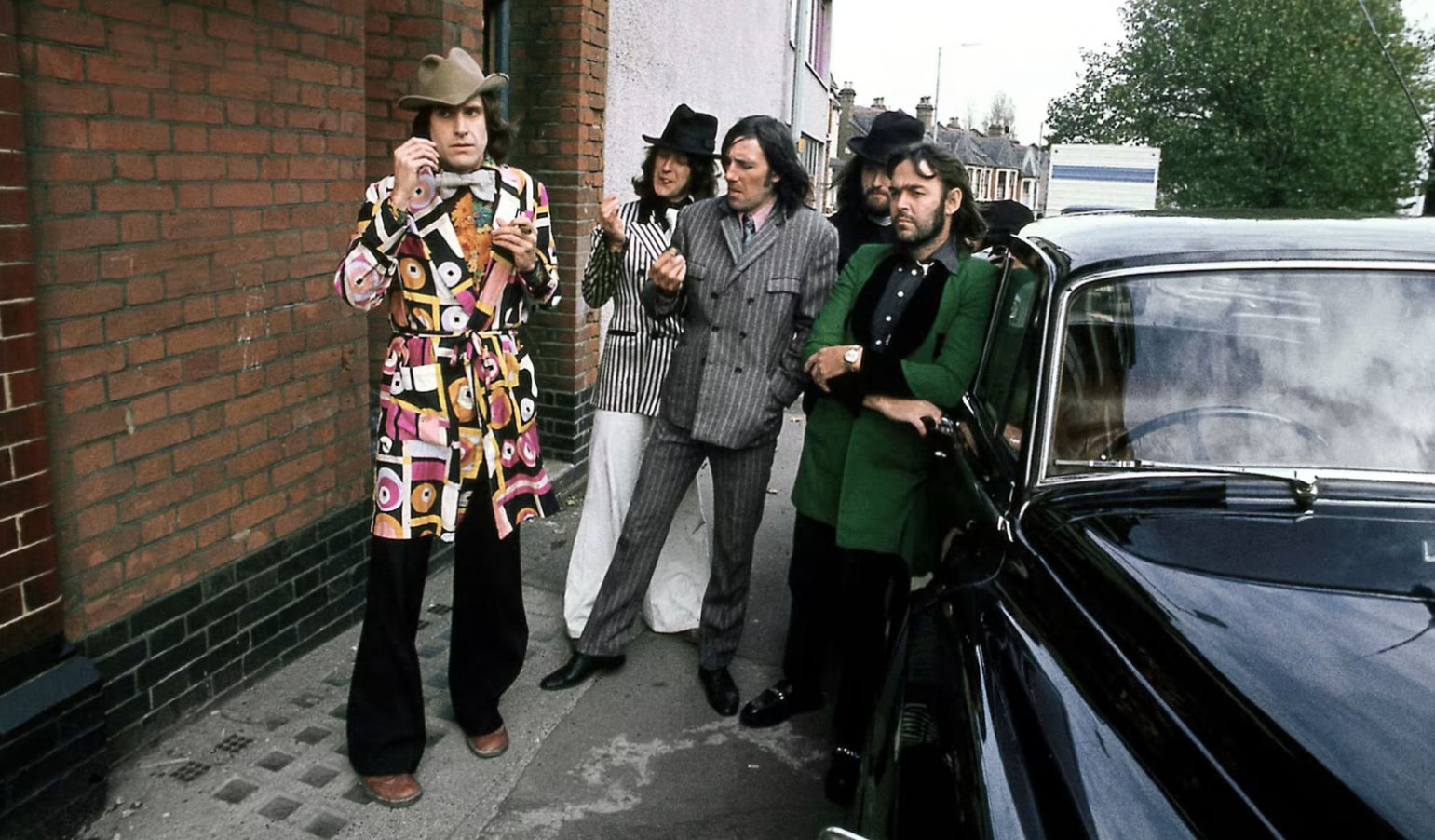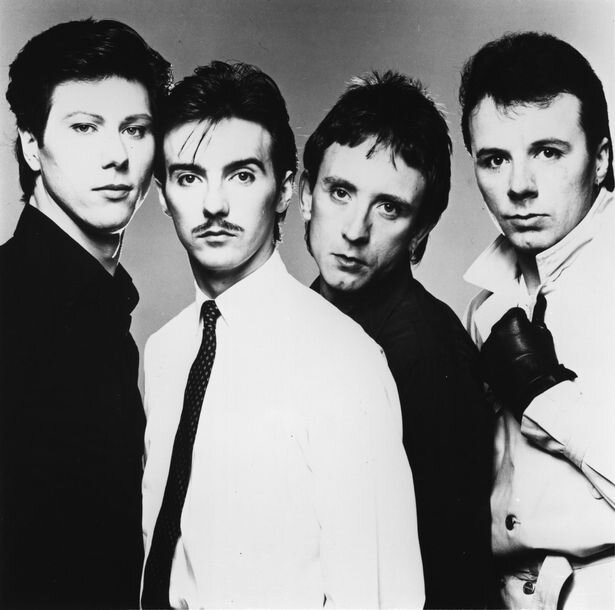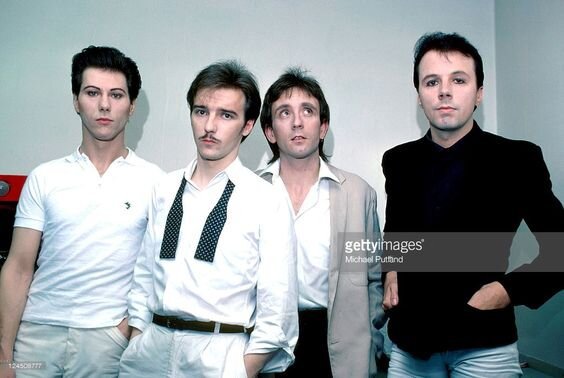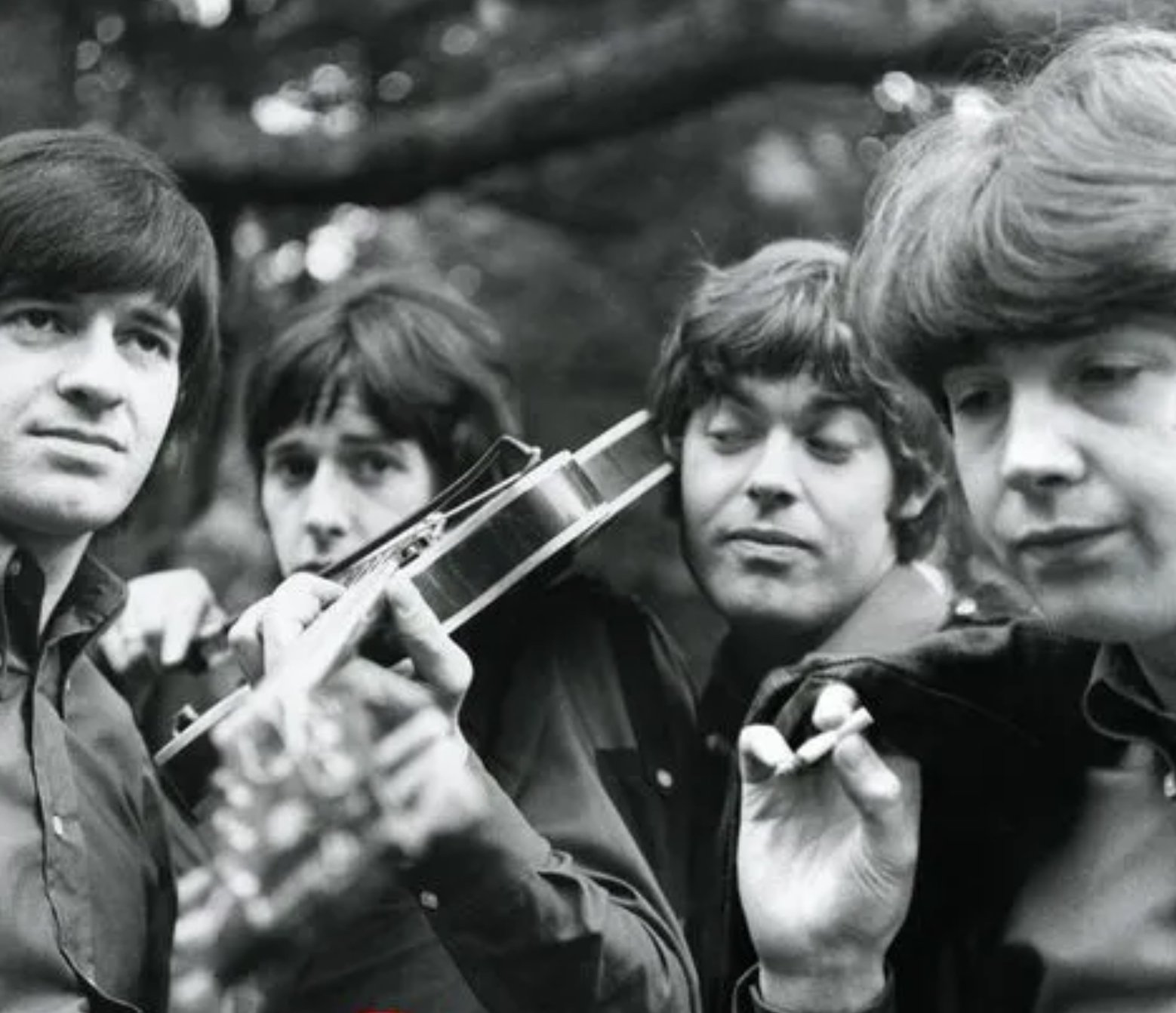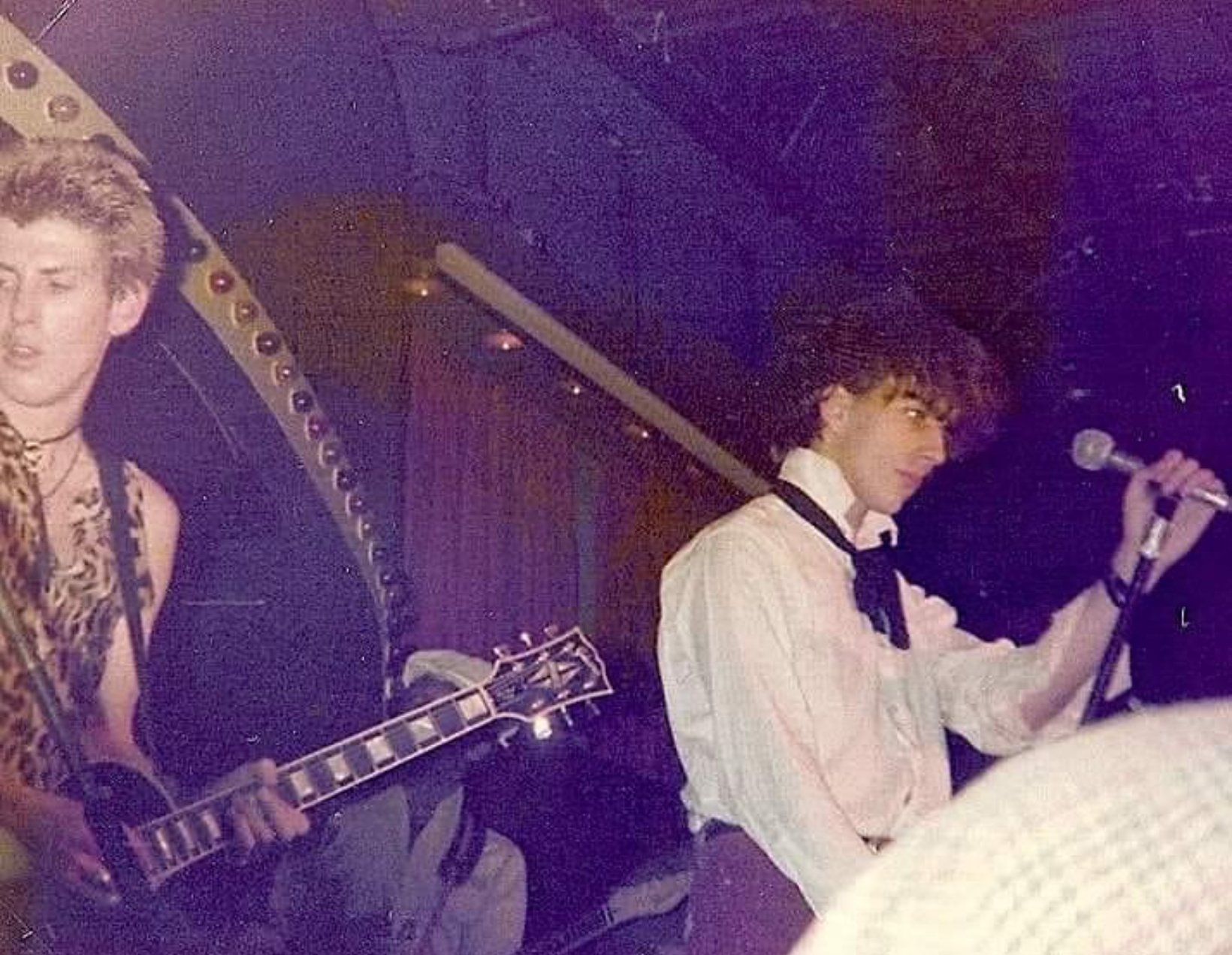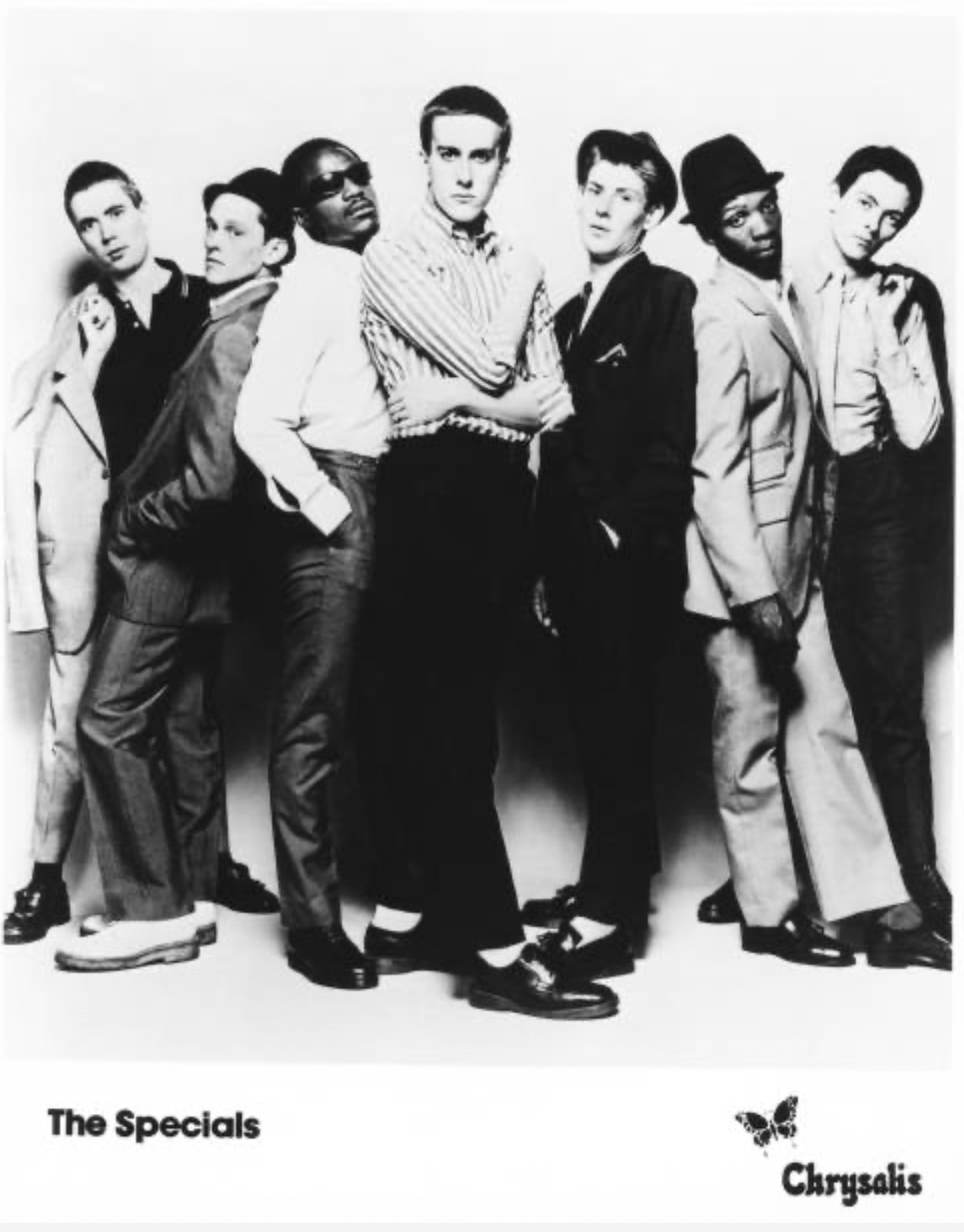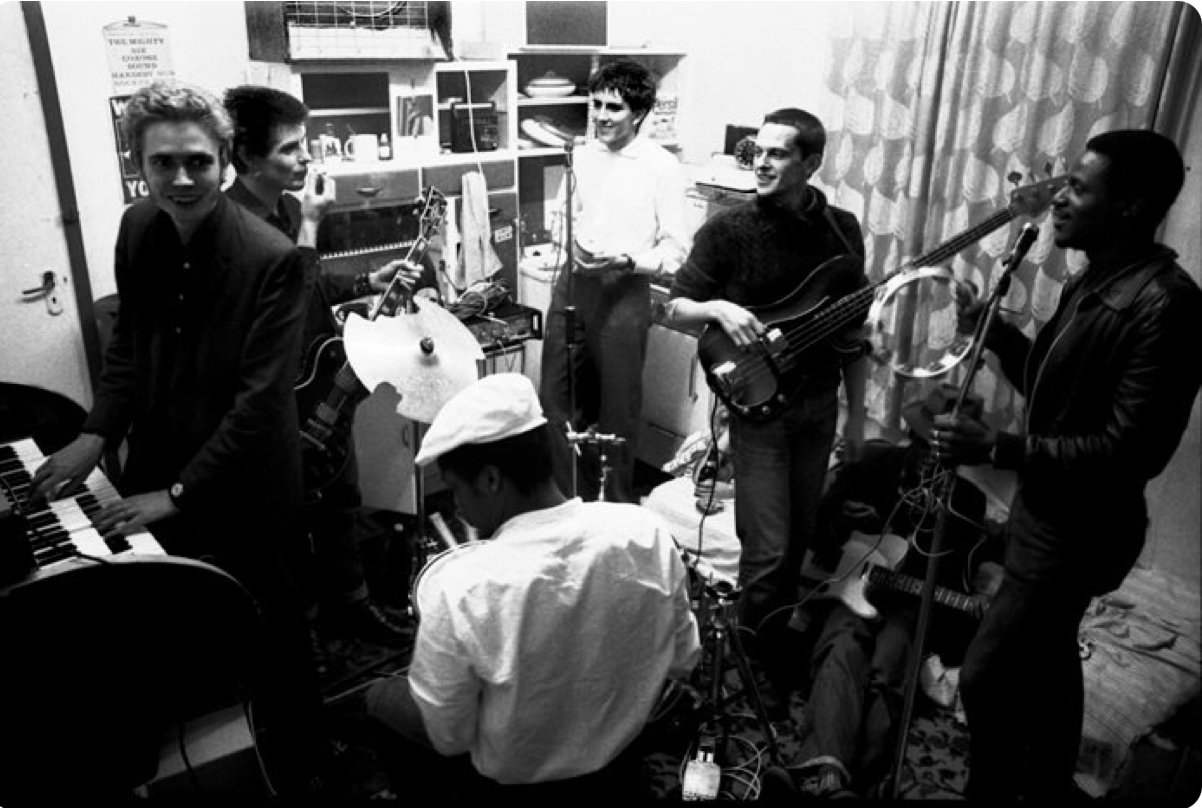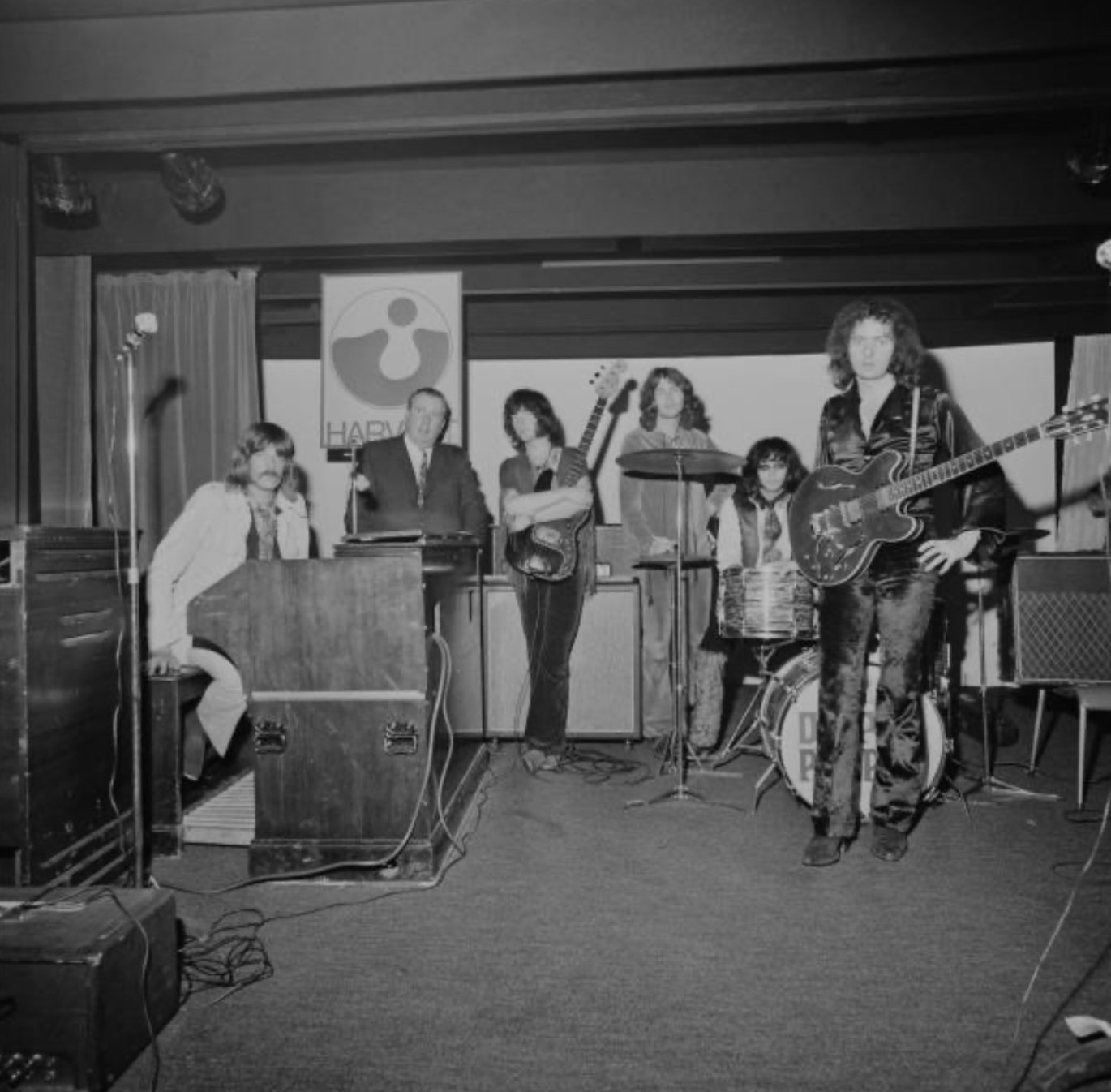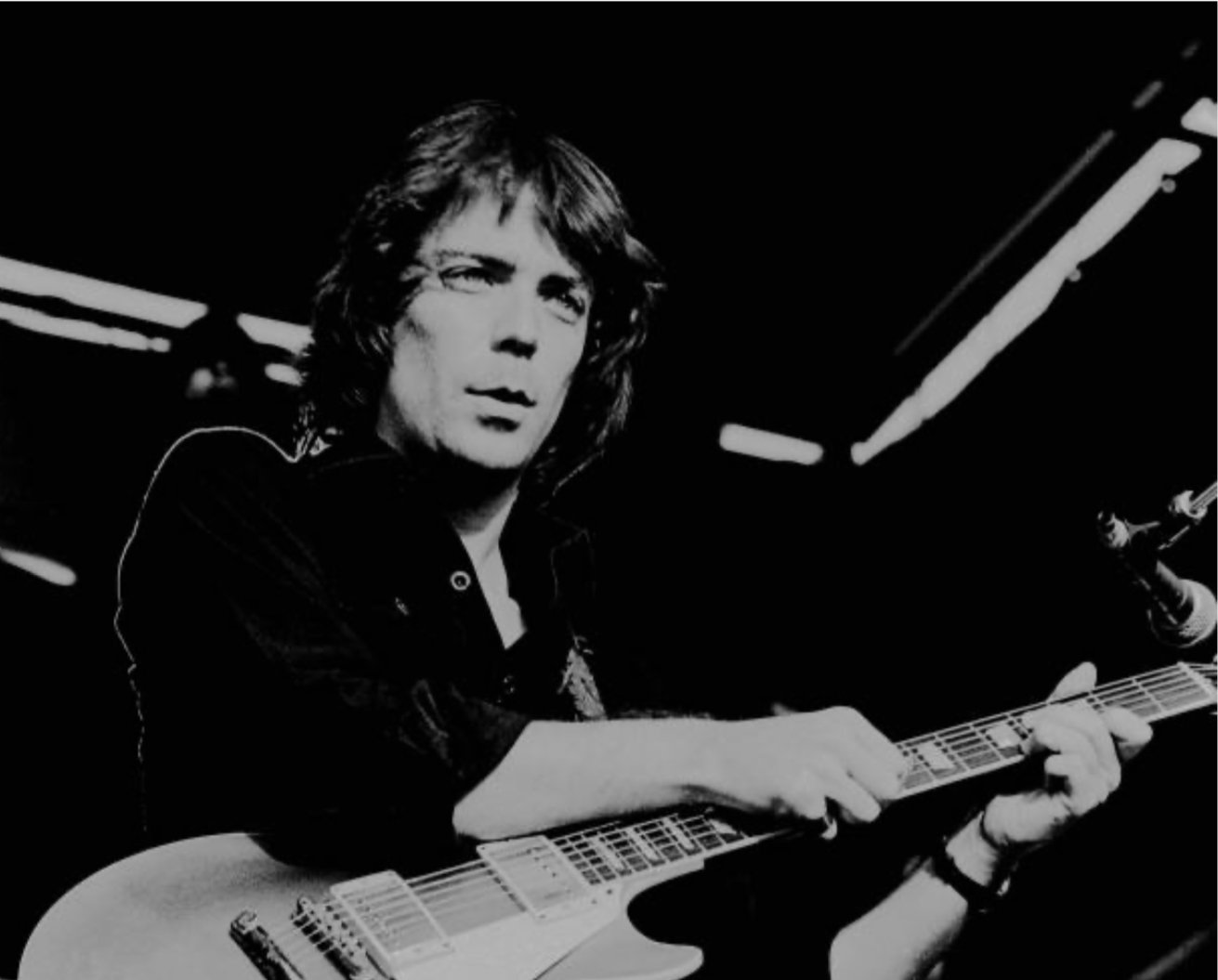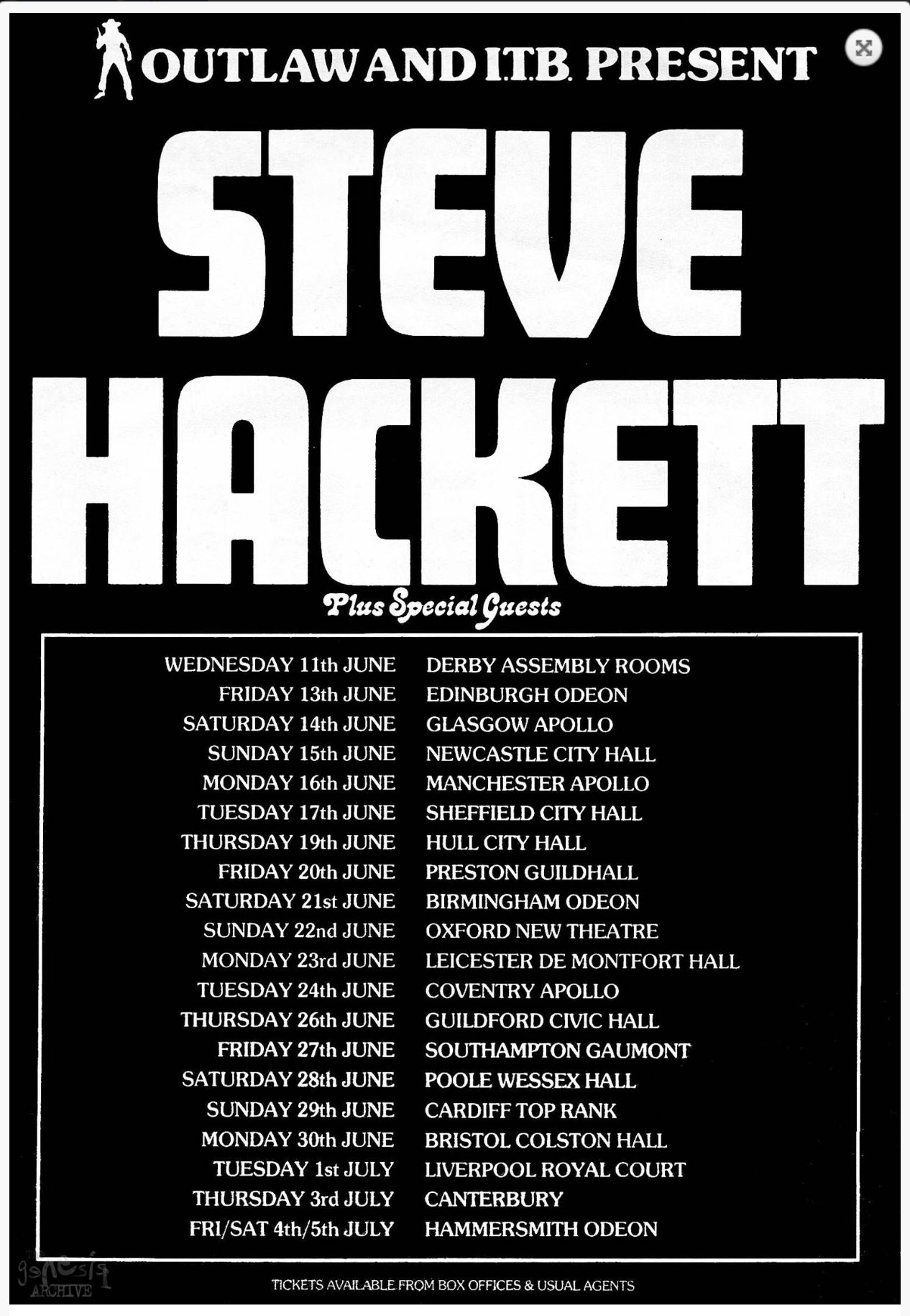Images may be subject to copyright
On this day, 14 Aug 1970, legendary pop band The Kinks played Cardiff’s Top Rank.
The band had released their seventh studio album in October 1969 Arthur (Or the Decline and Fall of the British Empire) and were currently recording what would be Lola Versus Powerman and the Moneygoround, Part One.
The album featured their hit Lola, released in June, a number 1 hit worldwide but peaking at number 2 in the UK charts. It proved to be a very important song for the band as in a 1970 interview, Dave Davies stated that, if "Lola" had been a failure, the band would have "gone on making records for another year or so and then drifted apart"
Written in April 1970, "Lola" was cited by Ray Davies as the first song he wrote following a break he took to act in the 1970 Play for Today film The Long Distance Piano Player. Davies said that he had initially struggled with writing an opening that would sell the song, but the rest of the song "came naturally". He noted that he knew the song would be successful when he heard his one-year-old daughter singing the chorus, stating, "She was crawling around singing 'la la, la la Lola.' I thought, 'If she can join in and sing, Kinks fans can do it.'"
Originally, "Lola" saw controversy for its lyrics. In a Record Mirror article entitled "Sex Change Record: Kink Speaks", Ray Davies addressed the matter, saying, "It really doesn't matter what sex Lola is, I think she's all right". Some radio stations faded the track out before implications of Lola's biological sex were revealed.
On 18 November 1970, "Lola" was banned from being played by several radio stations in Australia because of its "controversial subject matter", though some began playing "Lola" again after having made a crude edit, which sounded like the record had jumped a groove, to remove the line "I'm glad I'm a man and so's Lola".
The BBC banned the track for a different reason: the original stereo recording had the words "Coca-Cola" in the lyrics, but because of BBC Radio's policy against product placement, Ray Davies was forced to make a 6,000-mile (9,700 km) round-trip flight from New York to London and back on June 3, 1970, interrupting the band's American tour, to change those words to the generic "cherry cola" for the single release, which is included on various compilation albums as well.





